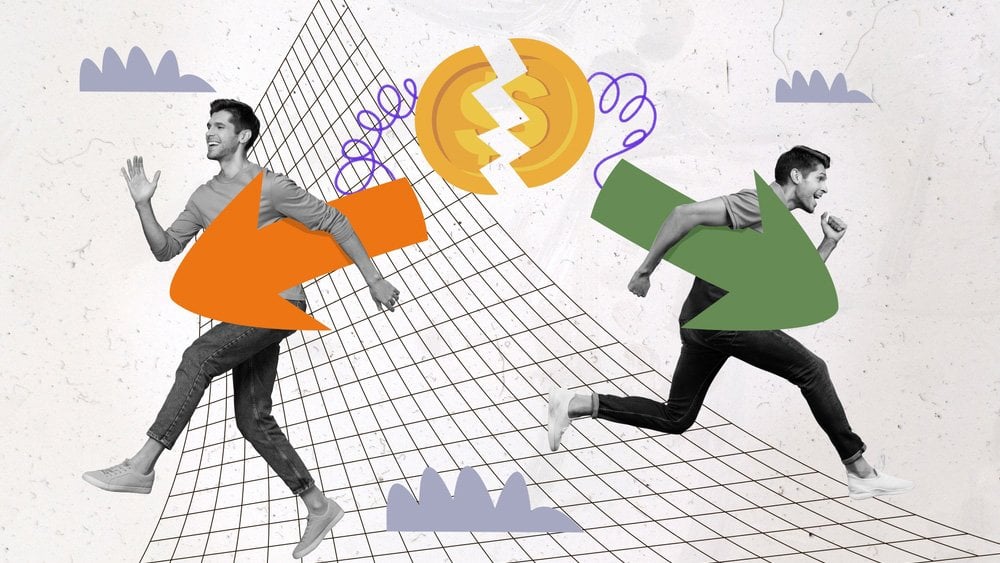In this video from the session “The Brain and the Data: How Accurately Can We Predict?” at Techonomy 2011 in Tucson, Ariz., Techonomy’s David Kirkpatrick talks to TIBCO CEO Vivek Ranadivé about how better software might have prevented the global financial crisis. With a constant and real-time feedback loop, suggests Ranadivé, the Fed’s monitoring of the financial system could be largely automated, and potentially much more accurate and responsive.
Kirkpatrick: I want to talk about the Fed, because you use a great thing about the Fed in your book, and you are talking about how the entire financial crisis could have, theoretically at least, been avoided if the Fed had decent information. Just talk a little bit about what you mean by that and how we can fix it.
Ranadivé: The job of the Fed is to keep it comfortable in the economy. If you look at how they work and you apply that to your house, then what you would basically do is, every three months you’d turn the heater on and you’d turn it off. You turn it on. You turn it off. So you would be under-heating and overheating your house and would never be comfortable. So it’s no surprise that since they were set up they have only had one so-called soft landing. They have failed miserably every single time. It’s a bunch of old 20th century guys that are looking at old information and then acting once every three months. That’s not how you heat your house. There is a thermostat. The world has become real-time and my software has actually helped make the world real-time. My customers can tell you exactly—like Fred Smith can tell you what he is shipping, where he is shipping it to, which zip codes. If the corner shoe store sells a certain kind of shoe, the factory in China knows instantly, not three months later. So the notion I had is: Wouldn’t it be nice if you could replace these guys with a computer program?
Kirkpatrick: Right. You’re not joking.
Ranadivé: No. I’m serious, and I’ve written a paper on this. And if it makes you feel better you can still have, like they have in the monorails, where people were nervous that it was computerized so they would have a guy sitting in there. You can still have a guy that looks like Bernanke sitting there.
Kirkpatrick: Somebody who goes to the Senate and testifies every now and then.
Ranadivé: That’s right. But you wouldn’t trust those guys to fly a Boeing 747. Those are highly automated. Why are we trusting them with the economy? The fact is that you can look at information in real-time and you can make minute adjustments and you can build a closed loop system where you continuously change and adjust and you make no mistakes because you are picking up signals all the time and you can adjust.
Vivek Ranadivé on Software’s Role in the Global Financial Crisis
In this video from the session "The Brain and the Data: How Accurately Can We Predict?" at Techonomy 2011 in Tucson, Ariz., Techonomy's David Kirkpatrick talks to TIBCO CEO Vivek Ranadivé about how better software might have prevented the global financial crisis. With a constant and real-time feedback loop, suggests Ranadivé, the Fed's monitoring of the financial system could be largely automated, and potentially much more accurate and responsive.













